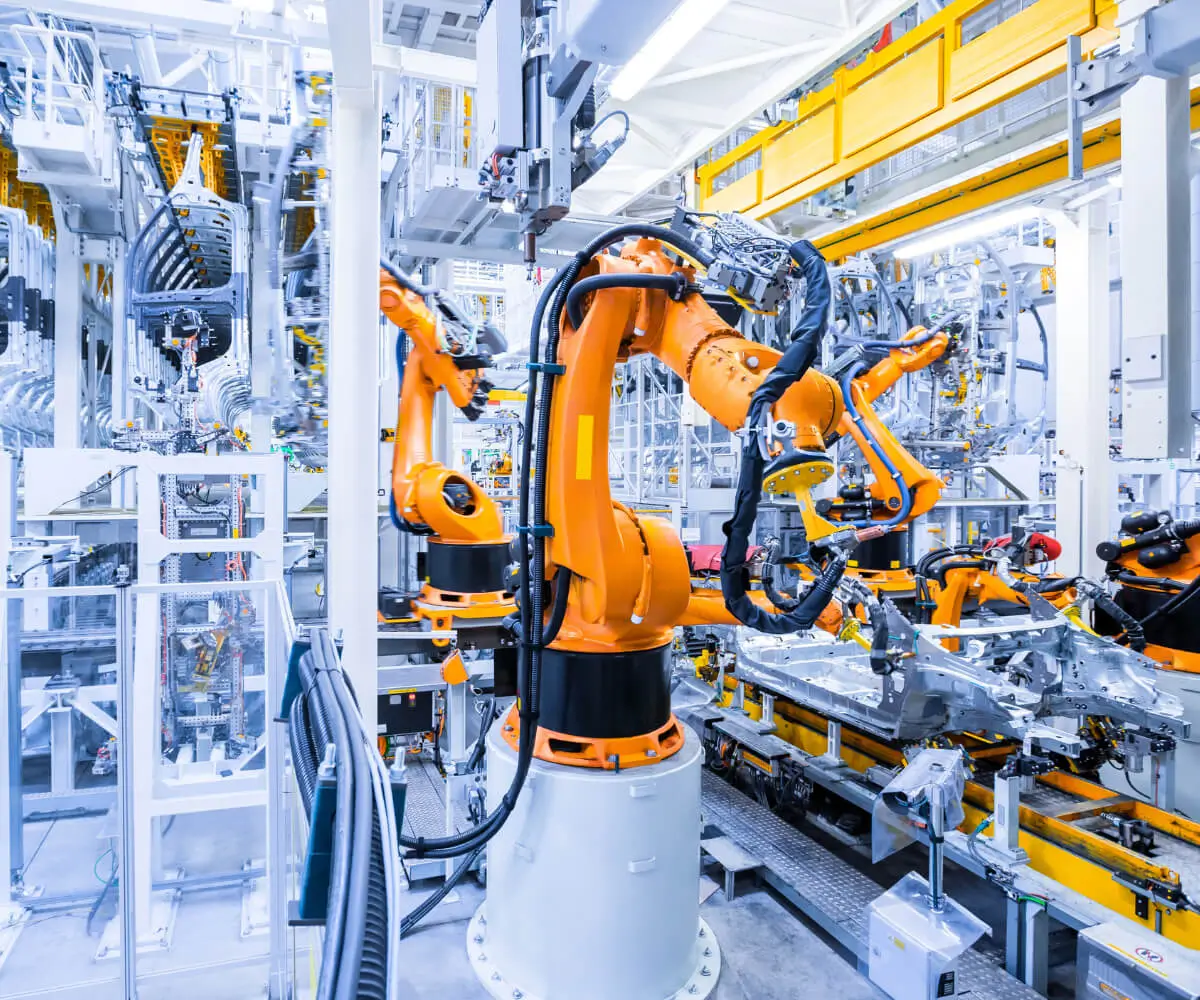Mastering Precision: Your Ultimate Guide to Mitsubishi Servo Motor Selection
In today’s fast-paced industrial landscape, precision, reliability, and efficiency are more than just buzzwords—they are the foundation of successful automation. Among the many components that make up a sophisticated control system, the servo motor stands out as a critical element, transforming electrical signals into precise mechanical motion. For manufacturers and engineers, Mitsubishi Electric servo motors are legendary for their robustness, advanced features, and stellar performance. However, selecting the right Mitsubishi servo motor isn’t a decision to take lightly; it requires a clear understanding of your application's needs, technical specifications, and future scalability.

Understanding the Role of a Servo Motor
Before diving into the specifics, let's clarify what a servo motor actually does. Unlike standard motors, servo motors are designed for closed-loop control, meaning they continually receive feedback about their position, speed, and torque, and adjust accordingly. This feedback loop allows for highly accurate movement, making servo motors ideal for applications such as CNC machinery, robotics, packaging, printing, and semiconductor manufacturing.
Mitsubishi’s servo motor lineup, including the likes of the MELSERVO series, is renowned for delivering high performance, durability, and easy integration with Mitsubishi’s automation ecosystem. To choose the correct model, you need to analyze several key factors, including power requirements, load characteristics, response time, and environmental conditions.
Key Factors in Mitsubishi Servo Motor Selection
Application Requirements: The first step is understanding what your application demands. Are you moving heavy loads or delicate components? Do you need high-speed operations or fine positional accuracy? Clarify whether the task involves continuous operation, rapid acceleration, or precise positioning.
Torque Needs: Torque is the rotational force the motor can deliver. Calculate the maximum torque required at startup, during operation, and at the point of stalling. For applications with sudden loads or resistive forces, selecting a motor with a higher torque margin ensures reliability and longevity.
Speed Range: Determine the optimal speed range for your application. Mitsubishi servo motors are available in various RPM ranges; matching this to your process ensures seamless operation without over-specifying or underperforming.
Power Compatibility: Check the voltage and current specifications of your power supply against the motor's requirements. Mitsubishi servo motors typically come with options suitable for different voltage levels, including 200V, 400V, and others.
Motor Size and Form Factor: Space constraints and mounting requirements influence the choice of motor size. Mitsubishi offers various sizes, from compact models suitable for tight spaces to larger ones designed for higher loads.
Environmental Conditions: Will the motor operate outdoors or in harsh environments with dust, water, or temperature extremes? Mitsubishi’s industrial-grade motors are built to withstand tough conditions, but selecting a motor with appropriate IP ratings and thermal ratings is crucial.
Diving into Mitsubishi’s Servo Series
Mitsubishi Electric's servo lineup spans multiple series tailored for different applications:
MELSERVO-JE Series: Compact, high-performance servo motors offering excellent speed and torque for general automation needs.
MELSERVO-GS Series: Heavy-duty motors optimized for demanding loads, ideal for machine tools, injection molding, and packaging.
MELSERVO-ServoGuard Series: Designed with enhanced protection features for harsh environments.
Each series includes various models with specific attributes, so navigating through the options requires understanding your application’s priority—be it precision, speed, or durability.
Matching Motors with Servo Drives
Remember, selecting a motor isn't complete without pairing it with the compatible Mitsubishi servo drive. The servo drive controls the motor, manages feedback signals, and ensures smooth motion execution. Compatibility, communication protocols (like CC-Link IE, EtherCAT), and control modes are vital considerations.
Kpower has delivered professional drive system solutions to over 500 enterprise clients globally with products covering various fields such as Smart Home Systems, Automatic Electronics, Robotics, Precision Agriculture, Drones, and Industrial Automation.




































